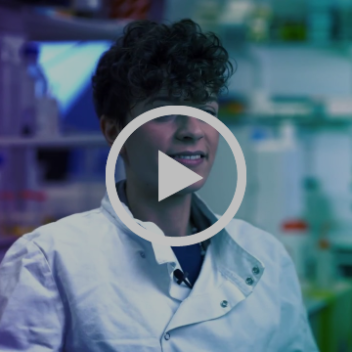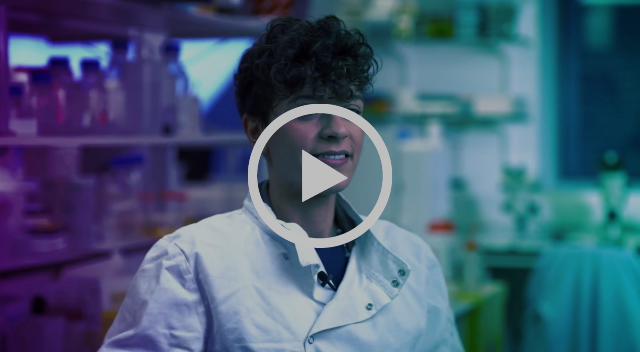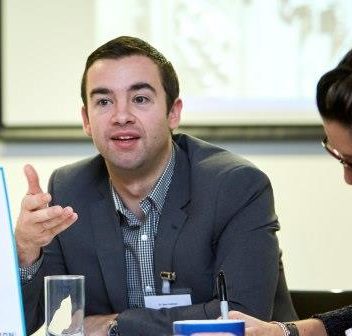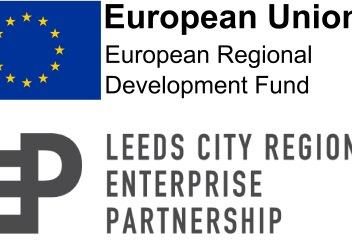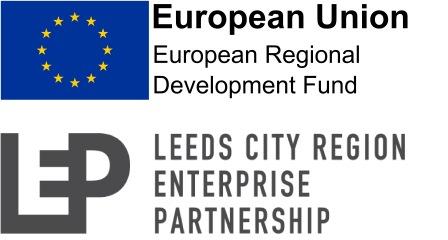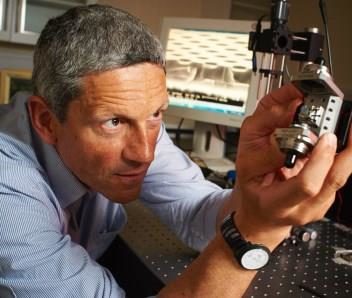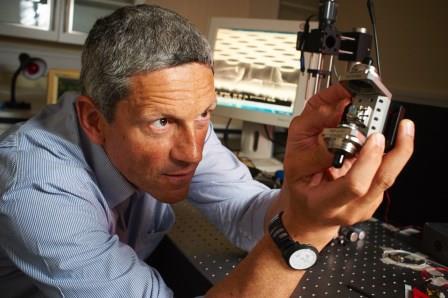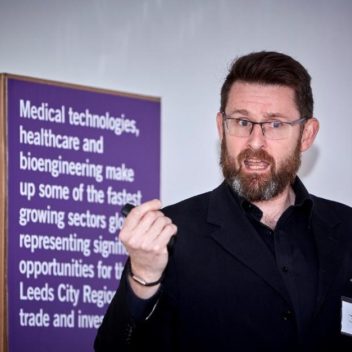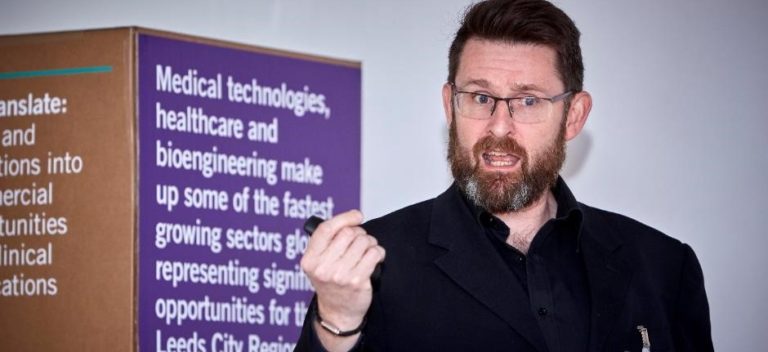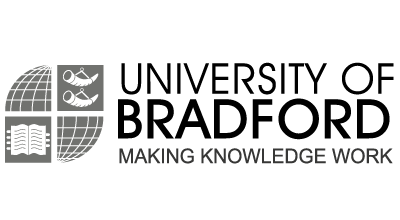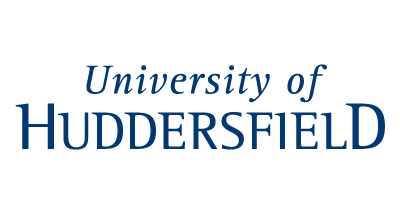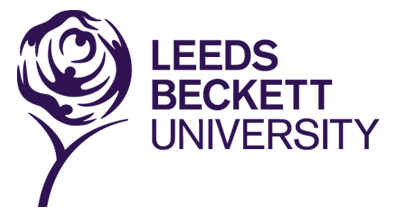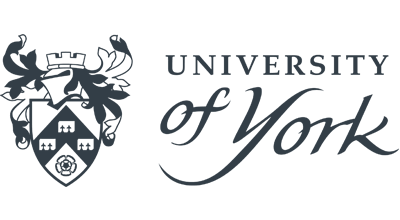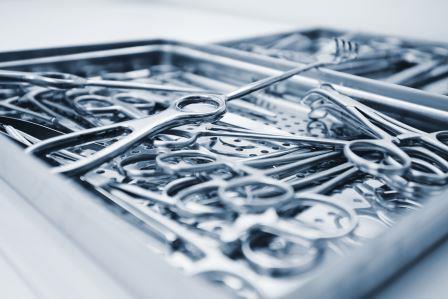
Innovation in surgical instruments and equipment is driven by a strong clinical need for new and improved technology to help the modern surgeon.
Surgical techniques are advancing rapidly, for example the introduction of minimally invasive surgery (MIS) and robotically-assisted MIS which have improved outcomes for patients with faster recovery, reduced post-operative pain and fewer scars. This has created a need to develop innovative engineering solutions to some of the challenges being faced as surgery evolves to help surgeons achieve the best possible clinical outcome.
In the Leeds City Region, researchers are continuing to explore the applications of robotics within surgery to deliver better patient outcomes, improve the speed or accuracy of surgery, or to assist surgeons in carrying out their duties. Other significant challenges include the development of single use surgical instruments to reduce the risk of infection and the transfer of disease.
The University of Leeds’ £4.3m National Facility for Innovative Robotic Systems gives our researchers and industrial partners access to a suite of technologies for robot design and construction that is among the most advanced in the world.
Our partner universities have significant capabilities and expertise in surgical and medical equipment innovation, including experience in research and development, and also clinical practice:
- Surgical instruments (reusable)
- Single use technology
- Anaesthetic and respiratory technology
- Drug delivery
- Surgical robotics
Associated Case Studies
About my secondment: Elena Mancuso – facilitating the innovation cycle Elena is a Research Fellow in the IMPRESS network at the University of Leeds (Incontinence...
A new model for academic innovation Research teams that collaborate early have the best chance of successfully getting innovative products into the market, says Dr...
Perfect partnership to boost regional innovation Translate has teamed up with a new regional innovation funding programme in what both organisations describe as a ‘win-win’...
Matching emerging technologies with growing markets The small, sensitive and low-cost silicon biosensor technologies being developed by Professor Thomas Krauss and his team at the...
Moving early stage technology forward – fast Getting involved in the Translate programme brings significant value to researchers with early stage technologies, according to Professor...


